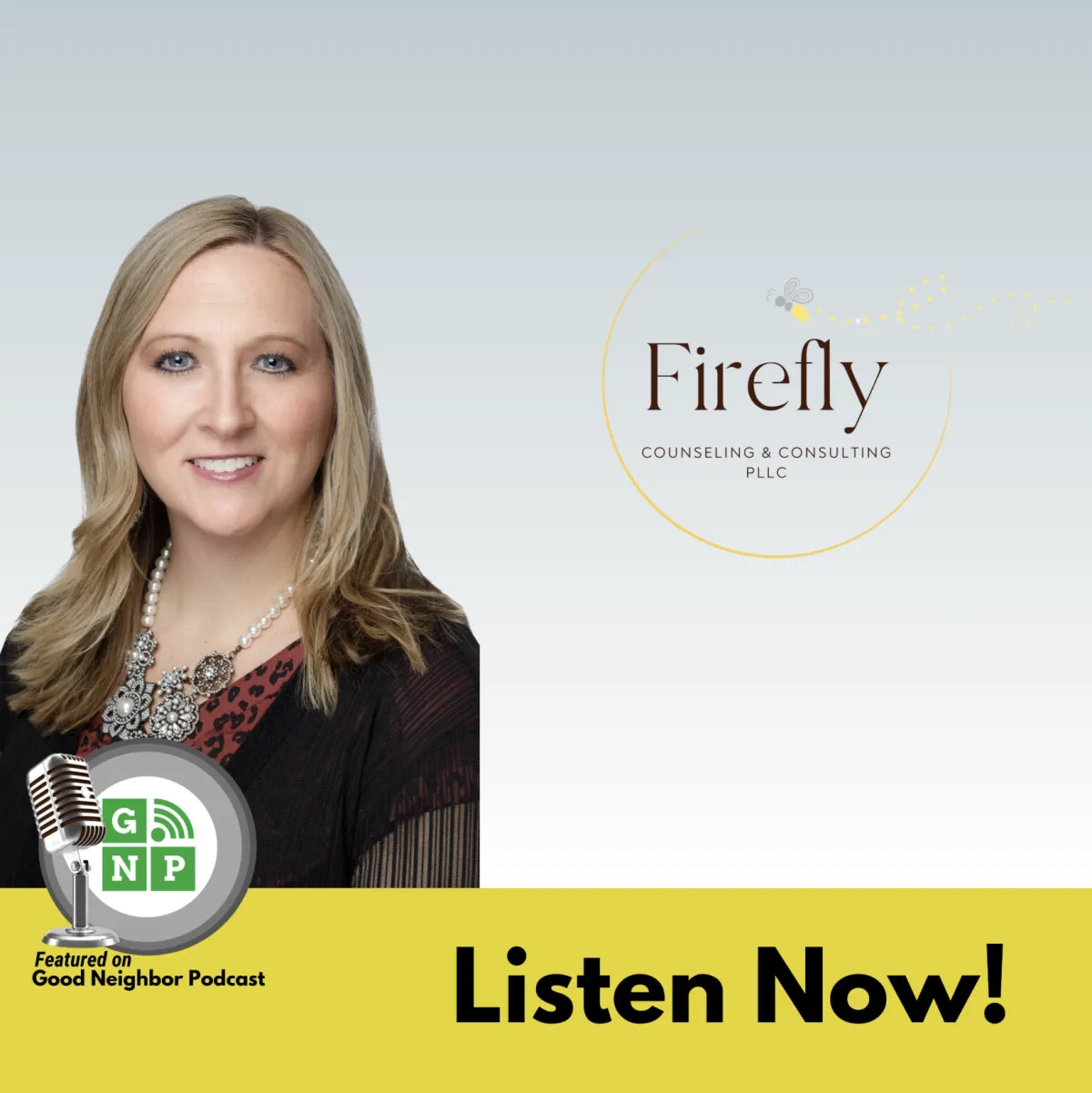Blog & Resources
Blog & Resources

The Science of Burnout: How to Recognize, Prevent, and Recover
Burnout is more than just feeling exhausted—it’s a state of emotional, mental, and physical depletion caused by prolonged stress. In today’s fast-paced world, burnout has become increasingly common, affecting professionals, caregivers, and individuals juggling multiple responsibilities.
But what exactly happens in our brains and bodies when we experience burnout, and how can we recover? Let’s explore the science behind burnout and how to regain balance.

What is Burnout?
Burnout is a psychological syndrome that results from chronic workplace stress or prolonged emotional strain. It’s characterized by three main components:
Emotional Exhaustion – Feeling drained, depleted, or emotionally overwhelmed.
Depersonalization (or Cynicism) – Becoming detached from work or personal responsibilities, often feeling indifferent or resentful.
Reduced Personal Accomplishment – Experiencing a sense of ineffectiveness and decreased productivity, even in tasks that were once fulfilling.
While burnout is often linked to work-related stress, it can also stem from caregiving, academic pressure, or personal hardships.
The Science Behind Burnout
Burnout is not just a mental state—it has real physiological effects on the brain and body.
🔬 The Brain’s Stress Response: Chronic stress leads to prolonged activation of the hypothalamic-pituitary-adrenal (HPA) axis, which regulates our response to stress. When this system is overworked, it disrupts the production of cortisol (the stress hormone), leading to fatigue, anxiety, and difficulty concentrating.
🧠 Neurotransmitter Imbalance: Burnout affects levels of dopamine and serotonin—neurotransmitters that regulate mood and motivation. This can lead to feelings of apathy, depression, and a loss of enjoyment in activities.
💡 Prefrontal Cortex Overload: The prefrontal cortex, responsible for decision-making and problem-solving, becomes overwhelmed under chronic stress, making it harder to focus, remember information, and make decisions.
🔥 Chronic Inflammation: Studies suggest that prolonged stress contributes to inflammation in the body, which can lead to headaches, digestive issues, and even a weakened immune system.
Signs You May Be Experiencing Burnout
Persistent fatigue, even after resting
Lack of motivation or enthusiasm for work or daily activities
Increased irritability or mood swings
Difficulty concentrating or making decisions
Physical symptoms like headaches, stomach issues, or muscle tension
Withdrawing from responsibilities, social interactions, or hobbies
Feeling trapped, helpless, or detached
How to Prevent and Recover from Burnout
1. Prioritize Rest & Recovery
Your body and mind need downtime to function properly. Make sleep a priority, take breaks during the day, and set clear boundaries between work and personal time.
2. Manage Your Stress Response
Practices like deep breathing, mindfulness, and meditation help regulate the nervous system and counteract the stress response. Engaging in relaxation techniques can lower cortisol levels and promote resilience.
3. Reconnect with Your Purpose
Burnout often stems from misalignment with personal values. Take time to reflect on what truly fulfills you and adjust your work or lifestyle accordingly. If possible, delegate tasks that drain you and focus on meaningful activities.
4. Set Healthy Boundaries
Learn to say no to excessive demands and create space for personal well-being. If work is the main source of stress, consider communicating your limits with your employer or setting clear working hours.
5. Engage in Physical Activity
Exercise is a natural stress reliever that boosts endorphins, improves mood, and increases energy. Even light movement, like walking or stretching, can make a difference.
6. Seek Support
Talking to a therapist, counselor, or trusted friend can help you process emotions and gain perspective. Professional guidance can be especially beneficial in creating a sustainable recovery plan.
7. Make Small, Sustainable Changes
Burnout recovery isn’t about drastic overhauls—it’s about small, consistent changes. Start with one step at a time, whether it’s improving your sleep, taking more breaks, or engaging in hobbies that bring joy.
Ready to Recover? Connect with Us!
Our team is here to help you set and achieve your goals. Schedule a consultation today and discover how we can support you on your journey toward a brighter future.
We’d Love to Hear from You
Have you ever experienced burnout? What strategies have helped you recover and regain balance in your life? Feel free to share your thoughts in the comments!
Podcast Series
All about EMDR: A deep dive into a groundbreaking modality for mental wellness
In the latest episode of 'Functional Medicine in Real Life,' Allison had the wonderful opportunity to share insights about a therapy close to heart—Eye Movement Desensitization and Reprocessing, or EMDR.
This technique has been a cornerstone in helping individuals navigate through the emotional turmoil of traumas and challenging life events. Joining the conversation, Allison delves into the essence of EMDR therapy, its potential to foster healing, and whom it can benefit, touching on the common roots of anxiety and how EMDR addresses them.
If you've ever been curious about EMDR or the impact of counseling on personal growth, this episode offers a personal glimpse into the process and its profound benefits.
I invite you to listen as we explore the transformative power of EMDR and how it can pave the way toward emotional healing.

Watch our latest podcast episode below:
In this Good Neighbor Podcast episode, Allison Cornell—founder of Firefly Counseling & Consulting—shares how her team is bringing light to dark places through trauma-informed care, EMDR, and holistic therapy. From her roots in education to launching a thriving group practice, Allison discusses breaking therapy myths, supporting first responders and families, and helping clients heal with compassion and purpose.
Podcast Series
All about EMDR: A deep dive into a groundbreaking modality for mental wellness

In the latest episode of 'Functional Medicine in Real Life,' Allison had the wonderful opportunity to share insights about a therapy close to heart—Eye Movement Desensitization and Reprocessing, or EMDR.
This technique has been a cornerstone in helping individuals navigate through the emotional turmoil of traumas and challenging life events. Joining the conversation, Allison delves into the essence of EMDR therapy, its potential to foster healing, and whom it can benefit, touching on the common roots of anxiety and how EMDR addresses them.
If you've ever been curious about EMDR or the impact of counseling on personal growth, this episode offers a personal glimpse into the process and its profound benefits.
I invite you to listen as we explore the transformative power of EMDR and how it can pave the way toward emotional healing.
Watch our latest podcast episode below:
In this Good Neighbor Podcast episode, Allison Cornell—founder of Firefly Counseling & Consulting—shares how her team is bringing light to dark places through trauma-informed care, EMDR, and holistic therapy. From her roots in education to launching a thriving group practice, Allison discusses breaking therapy myths, supporting first responders and families, and helping clients heal with compassion and purpose.
Contact Information
Email: allison@fireflycandc.com
Phone Number: 254.230.4994
Assistance Hours
Mon – Sat 9:00am – 8:00pm
Sunday – CLOSED
Flower Mound Address:
3535 Firewheel Dr.
Flower Mound, TX 75028-2628
Waco Address:
7100 Old McGregor Rd.
Woodway, TX 76712
Contact Information
Email: allison@fireflycandc.com
Phone Number: 254.230.4994
Assistance Hours:
Mon – Sat 9:00am – 8:00pm
Sunday – CLOSED
Flower Mound Address:
3535 Firewheel Dr.
Flower Mound, TX 75028-2628
Waco Address:
7100 Old McGregor Rd
Woodway, TX 76712







